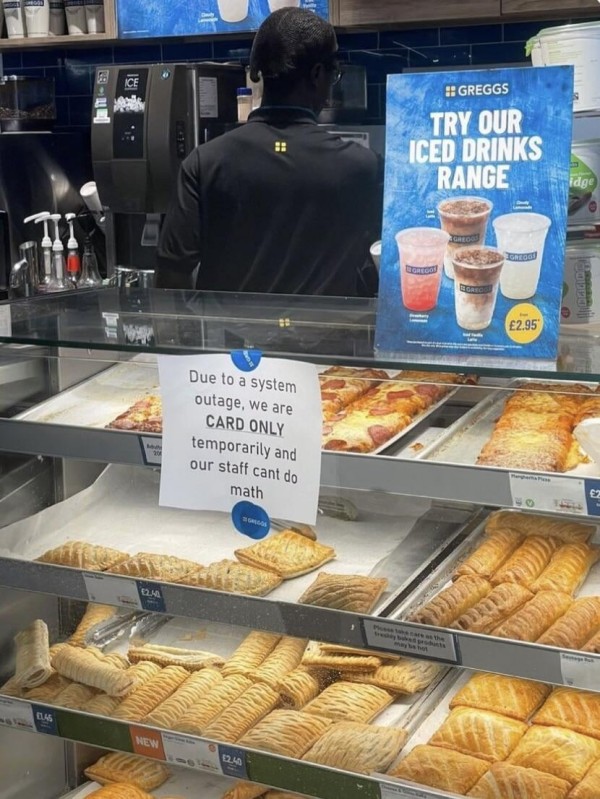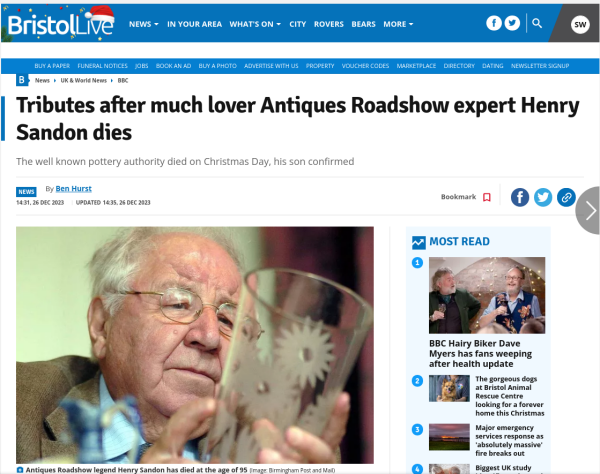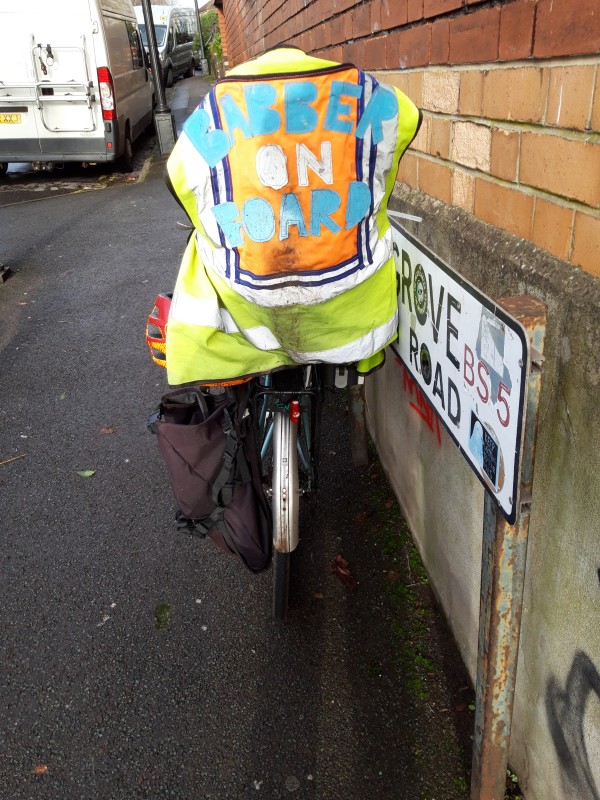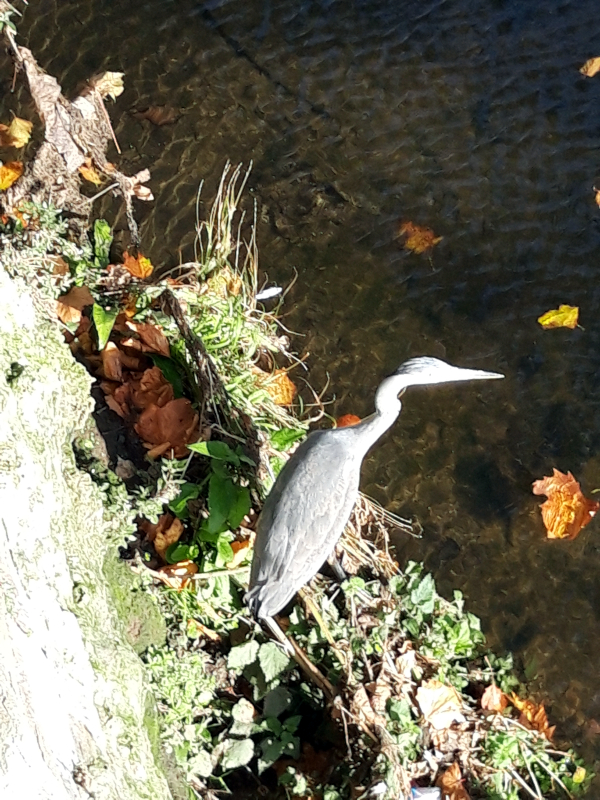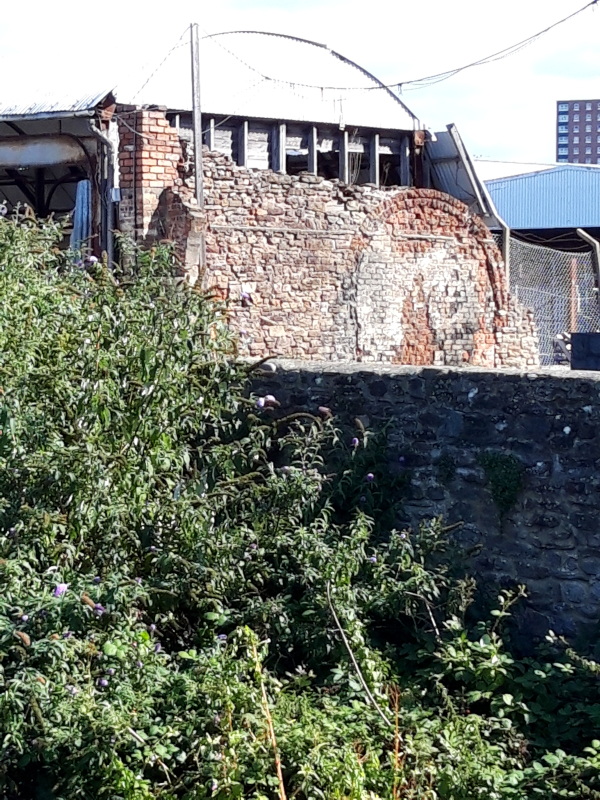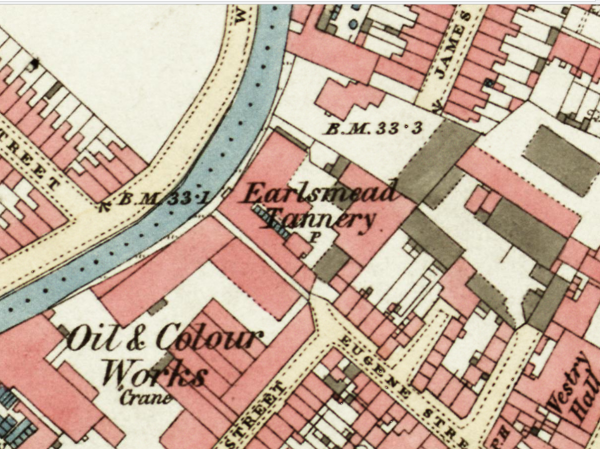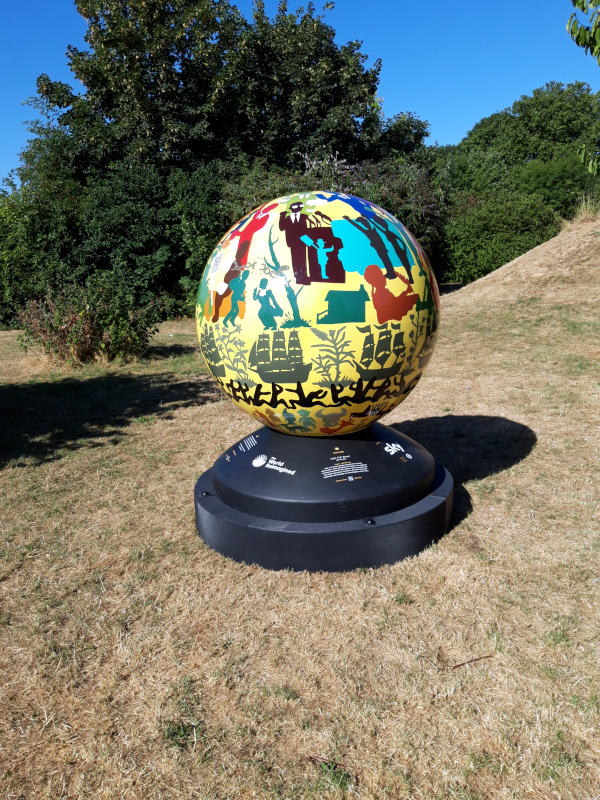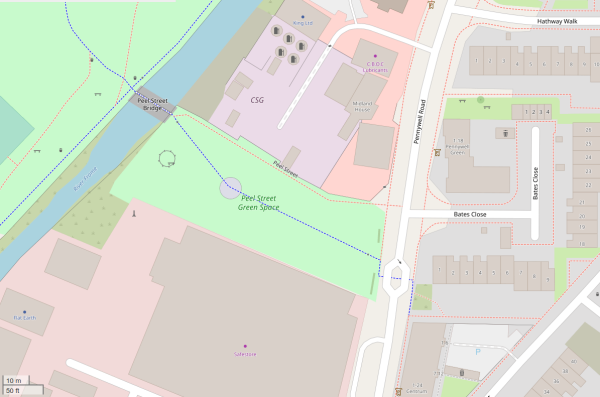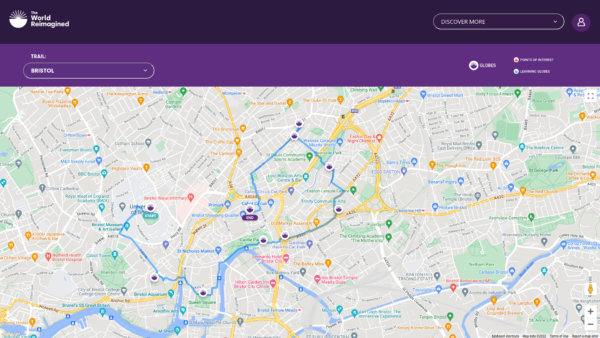The entire history of English in 22 minutes
After Mandarin Chinese and Castilian Spanish, English is the third most spoken native language in the world today, as well as the world’s most widely learned second language, according to Wikipedia.
How it reached that position is a long and complicated story which has been reduced to a 22 minutes’ historical romp by the excellent Rob Words on YouTube.
Rob’s story of English from its earliest origins to the present day starts a long way from the shores of present-day England or even the eastern shores of the North Sea of what is now Frisia, northern Germany and Denmark where most of the origin stories for English start.
No, Rob starts in Asia around the shores and land between the Black Sea and Caspian Sea where it is believed the original ancestral language of English began, before moving both west and east to become the ancestors of the modern European languages and those of the Indian sub-continent based upon Sanskrit, the so-called Indo-European languages. For want of an actual name that has survived down the centuries, this ancestral language is referred to as Proto-Indo-European.
On the move westwards, the branch of Proto-Indo-European from which English developed is known as Proto-Germanic, which predated not just English and German, but also Dutch, Frisian and the Nordic/Scandinavian languages, Norwegian, Swedish and Danish.
The story of English on the island of Britain actually begins in the 5th century after the departure of the Romans and mercenaries from across the North Sea who eventually settled are involved.
The influences of subsequent invasions – such as the Vikings and William the Invader‘s wine-drinking, Francophone former Norse marauders are also noted, as are the roles of Shakespeare, Caxton‘s printing press (especially Chancery standard English. Ed.) are all covered as is the effect on English of England’s/Britain’s role in invasion, conquest and colonisation since the mid-sixteenth century.
Anyway, I hope you enjoy the video as much as me; and learn something too, which I definitely did.

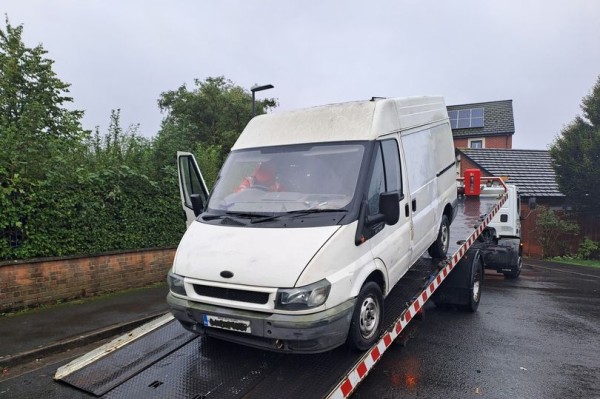
 In recent days, pastry products purveyor Greggs suffered an IT outage that left shops unable to process certain types of payment,
In recent days, pastry products purveyor Greggs suffered an IT outage that left shops unable to process certain types of payment, 